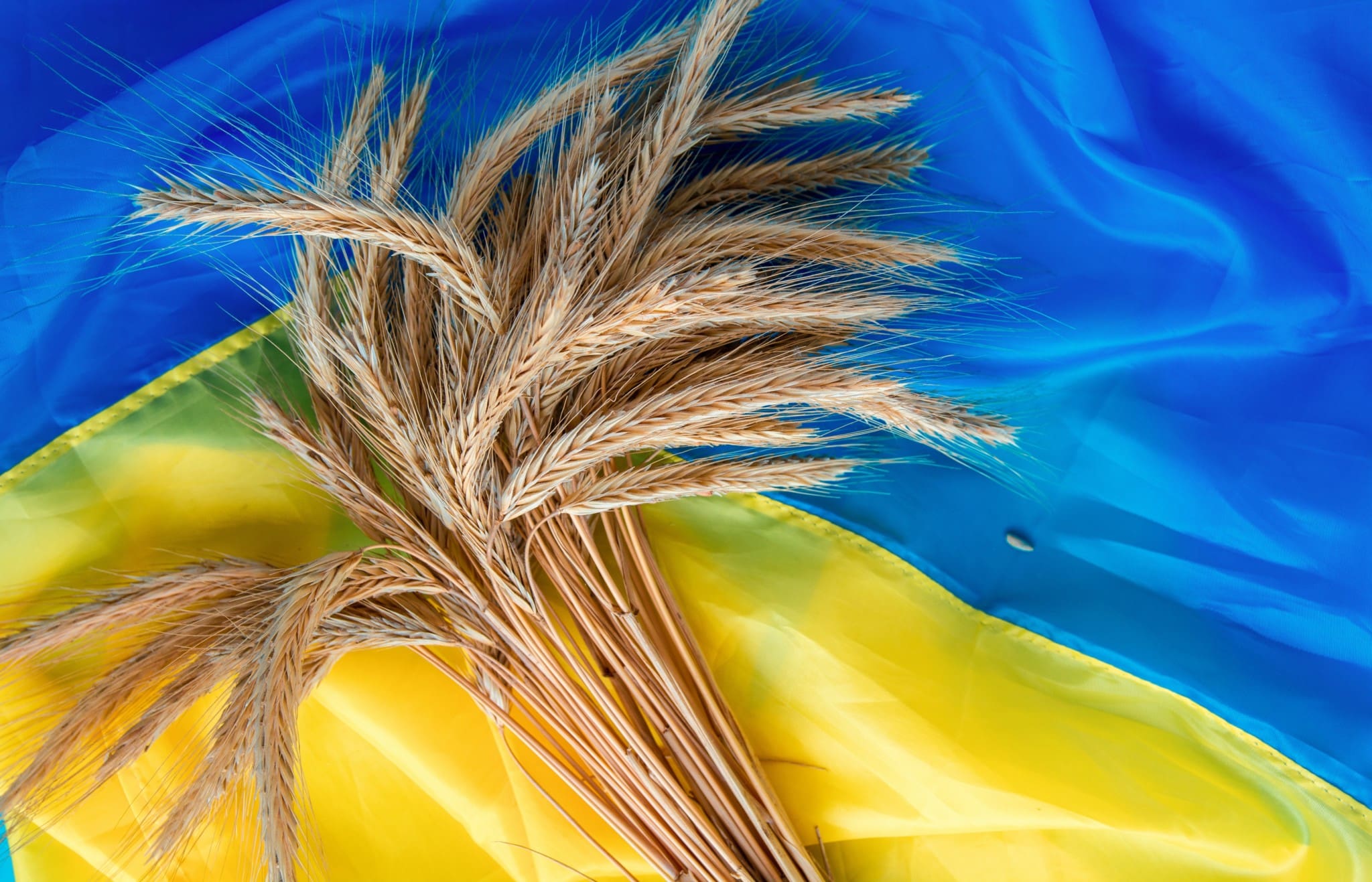The EU is currently negotiating the future of Ukrainian grain imports and what will happen after Sept. 15, but Hungary has signaled it intends to maintain its grain import ban even if the EU does not extend the ban past the deadline.
The Hungarian government argues it is doing everything possible to protect the interests of Hungarian farmers, If the joint action does not lead to a result, Hungary is ready to impose the ban on a national legal basis, announced the Hungarian Agriculture Ministry in response to the Hungarian newspaper Magyar Hírlap.
In response to a question by the paper, the Ministry of Agriculture noted that the traditional route of Ukrainian grain exports used to be from the Black Sea ports, mainly to non-EU countries. As a result of the armed conflict between Russia and Ukraine, which was further aggravated by the closure of the sea route, the focus shifted to land transport.
In one year, Ukraine exported 61 million tons of cereals and oilseeds, of which, 28 million tons went to the European Union. While before the war, imports to Hungary from Ukraine totaled 40,000 to 50,000 tons per year, by 2022 the volume of cereals and oilseeds had reached 2.5 million tons. After that, in 2023, until imports were stopped, this amounted to about 250,000 tons per month.
The Hungarian ministry confirmed that if joint European action does not lead to results, Hungary is ready to impose the ban on a national legal basis, they added.
As was the case earlier this year, Poland, Romania, Bulgaria, Slovakia and Hungary, the so-called frontline countries bordering Ukraine, have a geographical interest in restricting imports of Ukrainian agricultural products from Ukraine at least until the end of the year. These are the countries that have consistently indicated that they are receiving such huge quantities of Ukrainian produce that their cereal markets are completely collapsing.
The Hungarian ministry added that only after the EU’s decision on the grains import ban will it become clear whether the countries worst-hit by the Ukrainian grains dumping will act against it individually or as a group.





